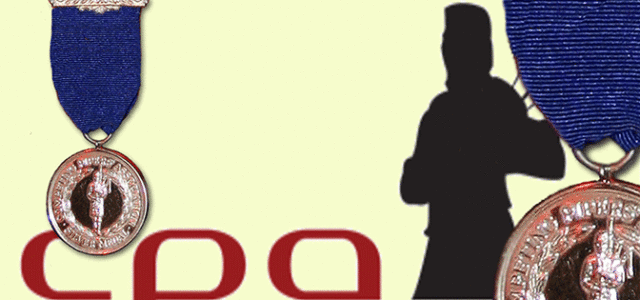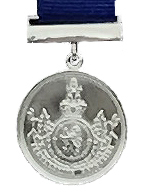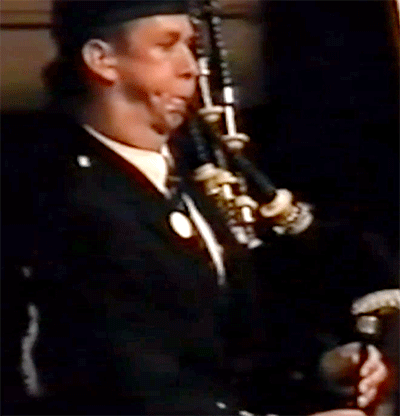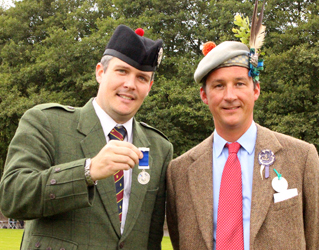

By Duncan Watson
With 60 to 70 pipers qualified to enter Silver Medal competitions and only 30 or less to be accepted, it follows that around 40 will be denied the opportunity of playing, assuming they all wish to take part.
Has this log jam been a failure of the previously applied grading criteria? Are there really that many pipers of suitable standard to enter SM competitions?
The recent announcement from the CPA referred to the most consistent players being accepted for the SM.

Measuring consistency requires assessing performances over a reasonable period.
It has been pointed out that qualifying on the basis of one success at a designated competition does not indicate consistency.
A controversial judging result could provide qualification. It happens, but would greater reference to the set tunes not help assess consistency?
The set tune arrangement between the Music Committee (MC) of the Piobaireachd Society (PS) and the Argyllshire Gathering (AG) and Northern Meeting (NM) requires pipers to have a commitment to learn the set tunes as well as the ability to play them.
[wds id=”2″]
Often pipers play to the level required but with tunes of their own choice, as opposed to having to submit pieces from the set tune repertoire. This will be the situation regarding the new qualifying events, as far as I understand it.
When attending SM competitions it has been clear to me that the full commitment to learning the set pieces has not been there and some pipers have even had the temerity to admit that they have postponed learning the tunes to the last few weeks before Oban and Inverness!
Could the qualification process be better served by having a reference to a commitment to learning the set tunes?
Would it be feasible for the pipers in the qualifying events to be required to submit set tunes relevant to SM competitions? This has been suggested in the past but the idea was declined.

The new qualification process is based on what a piper achieves in year one enabling him/her to compete in year two.
Thus pipers probably cannot be graded on the set tunes for the competition year that they qualify for, but a slight change in the arrangement regarding the set tune timing announcement could overcome that.
Some years ago a set tunes rolling plan was submitted to the MC of the PS, allowing competing pipers a certain amount of planning leeway. Could such a plan cover two to three years?
The set tunes for 2018 were Glengarry’s March, MacCrimmon’s Sweetheart, Chisholm’s Salute, Grain in Hides and Corn in Sacks, the King’s Taxes, the Desperate Battle, Lament for the Little Supper and the MacLeod’s Salute.
The set tunes for 2019 are the Battle of Strome, the MacGregor’s Salute, the Bicker, the MacKay’s Banner, Salute to Donald and the Marquis of Argyll’s Salute.

Those lists of tunes might be integrated to some extent, the set tunes for 2020 an aggregate of both lists.
The number of tunes required might reasonably be raised from four to five with the stipulation that perhaps two or three tunes would be submitted for each qualifier from a joint or expanded list.
This might allow pipers to keep tunes in their repertoire for a period and would continue to encourage pipers to learn set tunes from the latest list.
I would contend that using a broader list of set tunes for the Silver Medal quailfiers would be welcomed by pipers serious about winning this important award.
Finally, graded games competitions have been a success in terms that they are well attended. Attendance at these games has now been further enhanced by designating them Silver Medal qualifiers.
Sadly this seems to have been to the detriment of non-designated competitions at the Highland games often now poorly attended and some may be under threat.
Losing these games would be likely to threaten solo piping in some areas.
The comment about a learning curve in the CPA announcement recognises that there are aspects of this subject that may require to be revisited – not least the effect it will have on smaller Highland games.
- There is much more on this important topic elsewhere on PP. Click here to read on.
[wds id=”8″]



















Hello Duncan and thanks for the informative opinion piece here. I fall within the category of a piper who learns the set tunes with his tutor and aspires to gain admission one year to the Silver Medal events in Scotland. Being just after Christmas, I’ve now got my 4 chosen 2019 set tunes 85% off which include Massacre of Glencoe (learned years ago) and Tullach Ard too, along with my other 2 tunes. Based on an instrument issue that hampered me throughout the season, I’ve gained my C grading and will have another year establishing a track record once again. When I heard that one of the qualifier contests were only open to B graded members, I was a little surprised. With own choice tunes, I tend to agree with you about needing set tunes, however I would restrict it to the calendar year of the qualifier event. If pipers are truly serious about gaining entry and being “in the hunt” for the medals, then they should be able to handle the requirements of the tunes required and to change them each year.